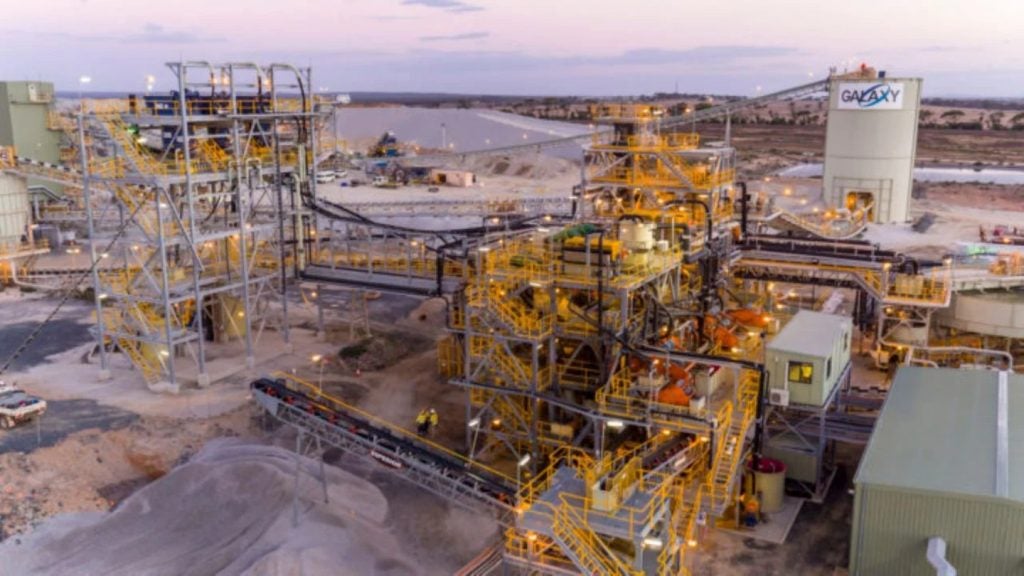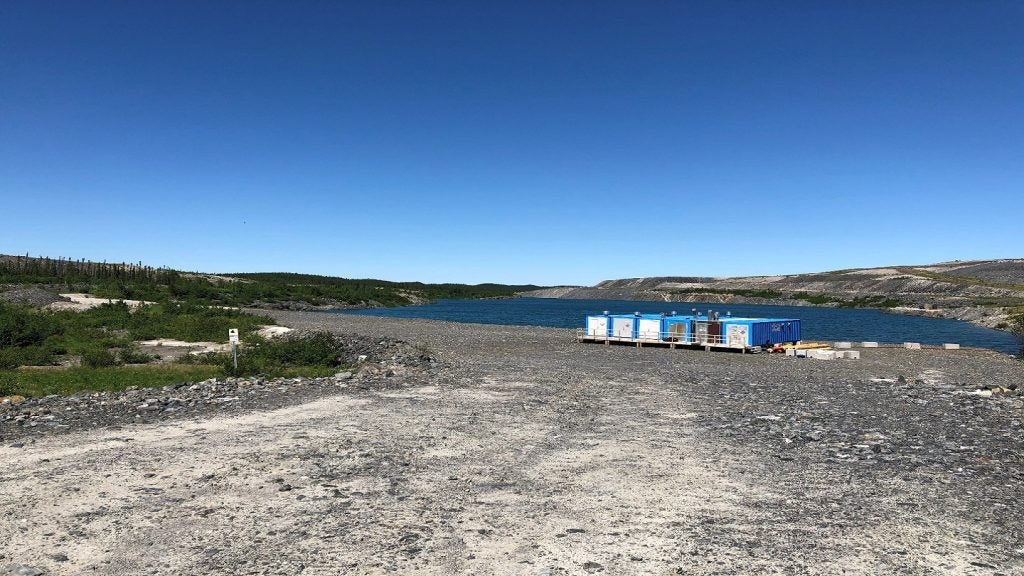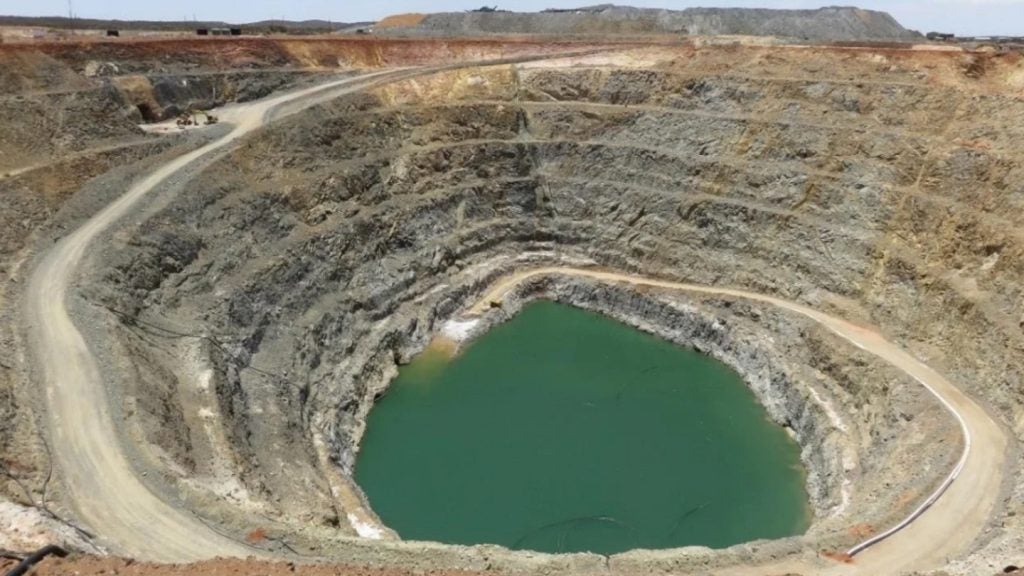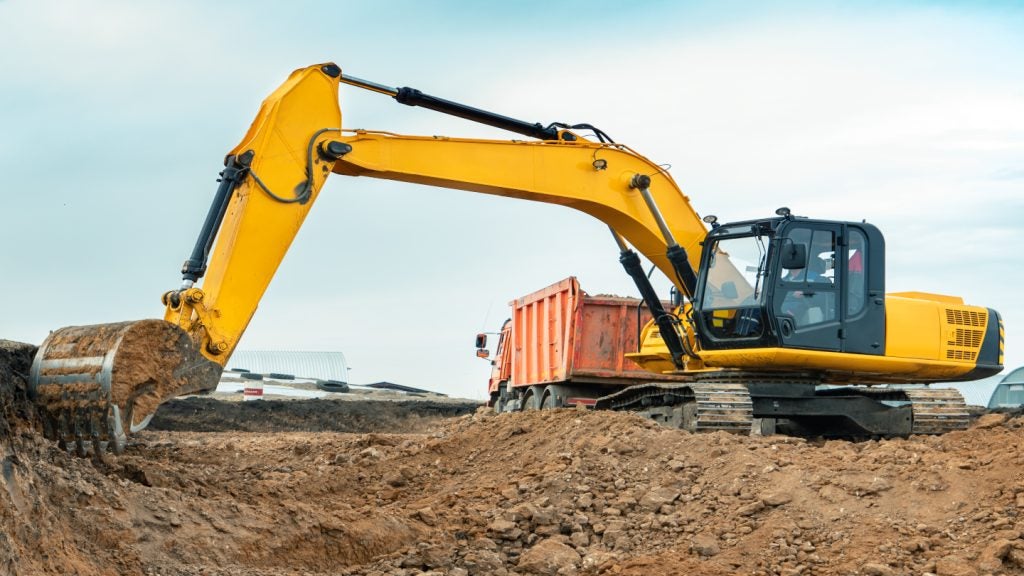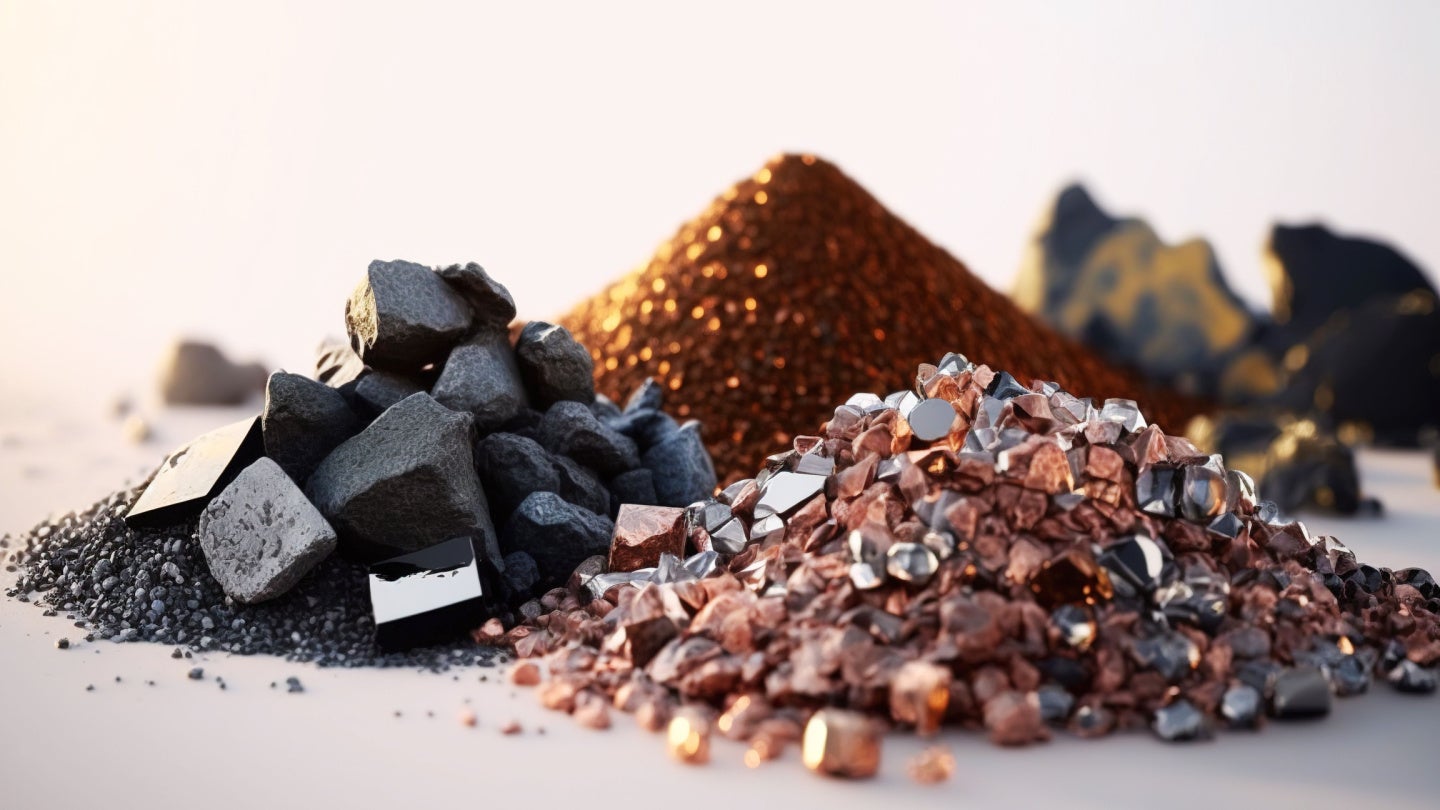
Canadian mining company Namibia Critical Metals has signed a memorandum of understanding (MoU) with two other rare earth developers to conduct a feasibility study for a separation plant in Namibia.
The proposed separation plant is expected to produce rare earth metals, which can be directly used for producing permanent magnets for electric vehicles and wind turbines.
The other two parties that signed the MoU are E-Tech Resources and Ondoto Rare Earth.
E-Tech is exploring the Eureka monazite deposit in central Namibia and Ondoto is developing the Ondoto bastnaesite deposit in the northern part of the country.
In order to complete the feasibility study and possible construction and operation of the facility, the three companies plan to float a joint venture known as Rare Earth Alliance Namibia.
According to a forecast by the company’s preliminary economic assessment report on its expanded project, Lofdal 2B-4 can have a 2,000 tonnes per annum production of mixed rare earth oxides (MREO) over a 16-year period.
How well do you really know your competitors?
Access the most comprehensive Company Profiles on the market, powered by GlobalData. Save hours of research. Gain competitive edge.

Thank you!
Your download email will arrive shortly
Not ready to buy yet? Download a free sample
We are confident about the unique quality of our Company Profiles. However, we want you to make the most beneficial decision for your business, so we offer a free sample that you can download by submitting the below form
By GlobalDataThe MREO will include an average of 117 tonnes (t) of dysprosium oxide and 17.5t of terbium oxide.
Separating the rare earth elements is a major bottleneck globally to de-risking the supply chain for such critical raw materials.
While several separation technologies are available, they need significant capital expenditure upfront along with a steady supply of raw materials.
Therefore, the company took the initiative with two advanced rare earth project developers in Namibia to jointly conduct a feasibility study to establish a separation plant in the country.
Namibia Critical Metals president Darrin Campbell said: “We are thrilled to explore the technical and commercial potential of a rare earth metal separation facility in Namibia. With the three partners of the Rare Earth Alliance Namibia, we reach the critical mass to build such a metal separation plant.
“Our partners from Ondoto can provide licensed brownfield sites and construction teams, which would potentially allow for a timely realisation of permitting and construction of the facility.
“Namibia Critical Metals and the partners would significantly benefit from reduced, cost-based separation fees at the Namibian separation plant. This initiative would create further value addition in the country with all the attached socioeconomic benefits and puts Namibia on the global map for these highly critical metals.”



